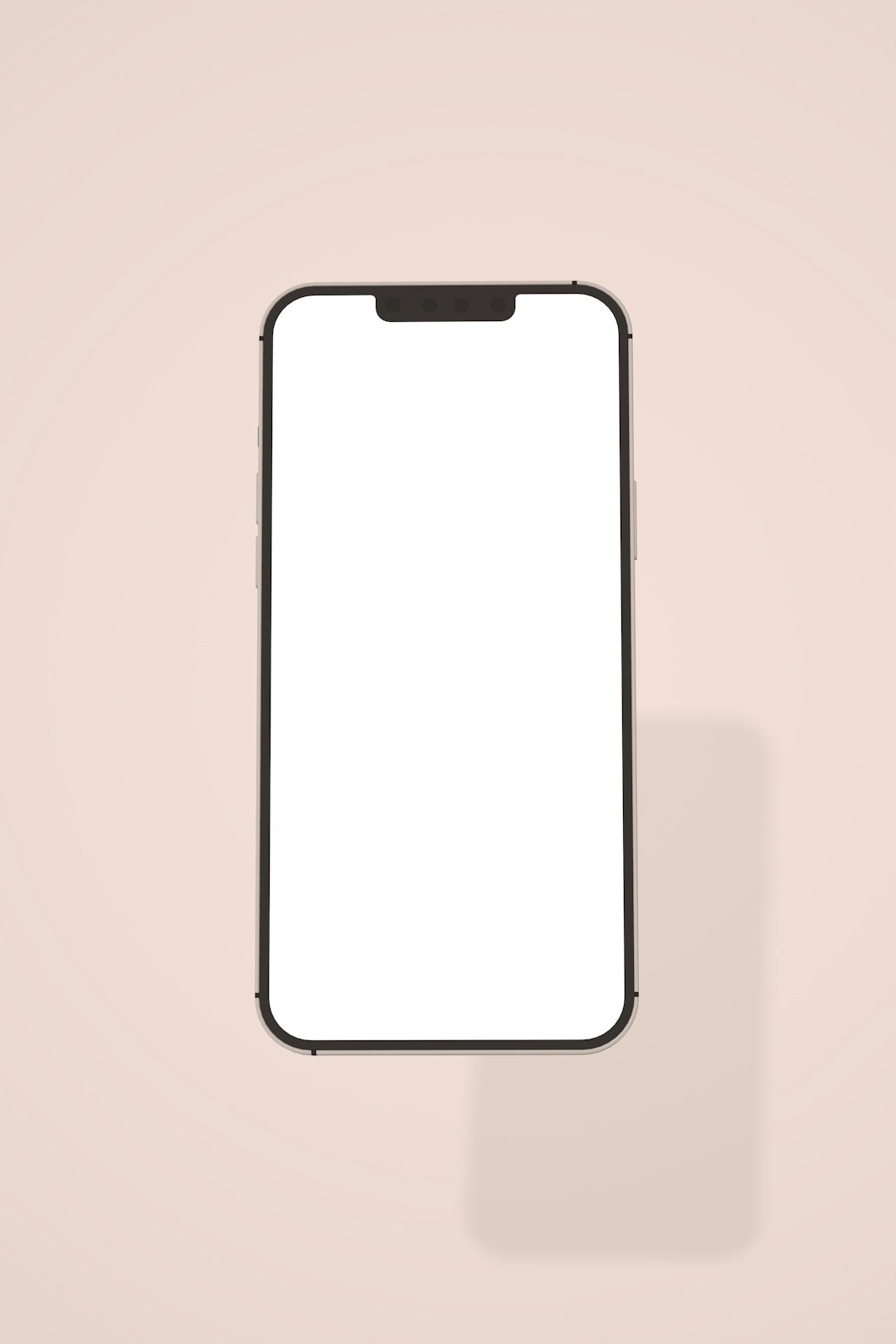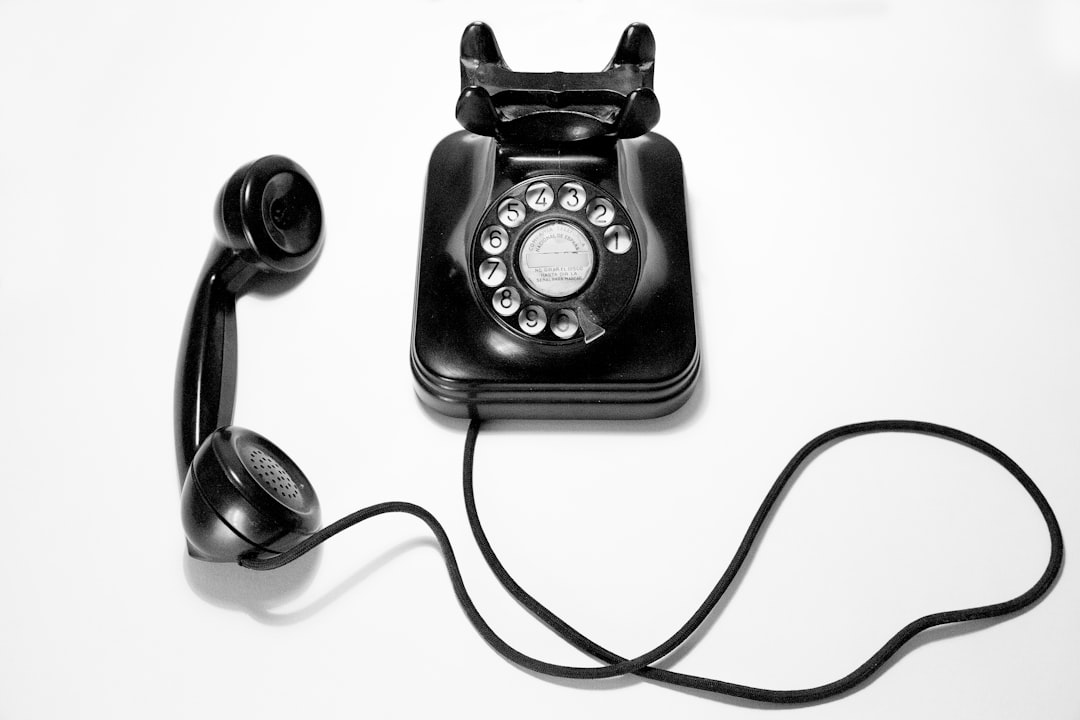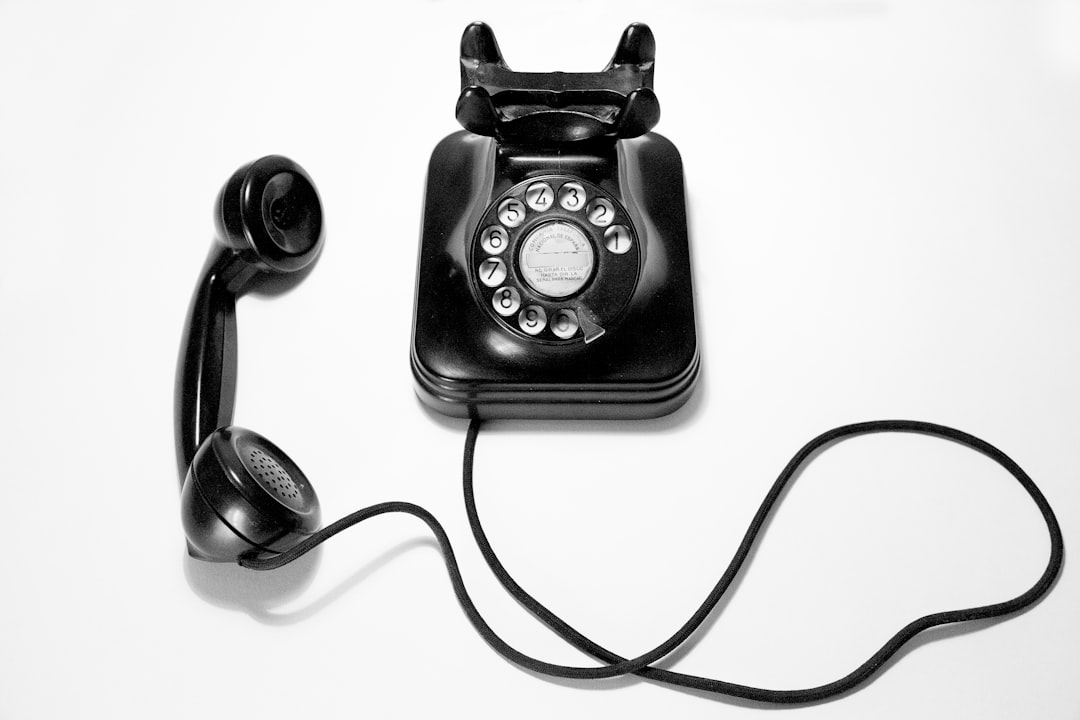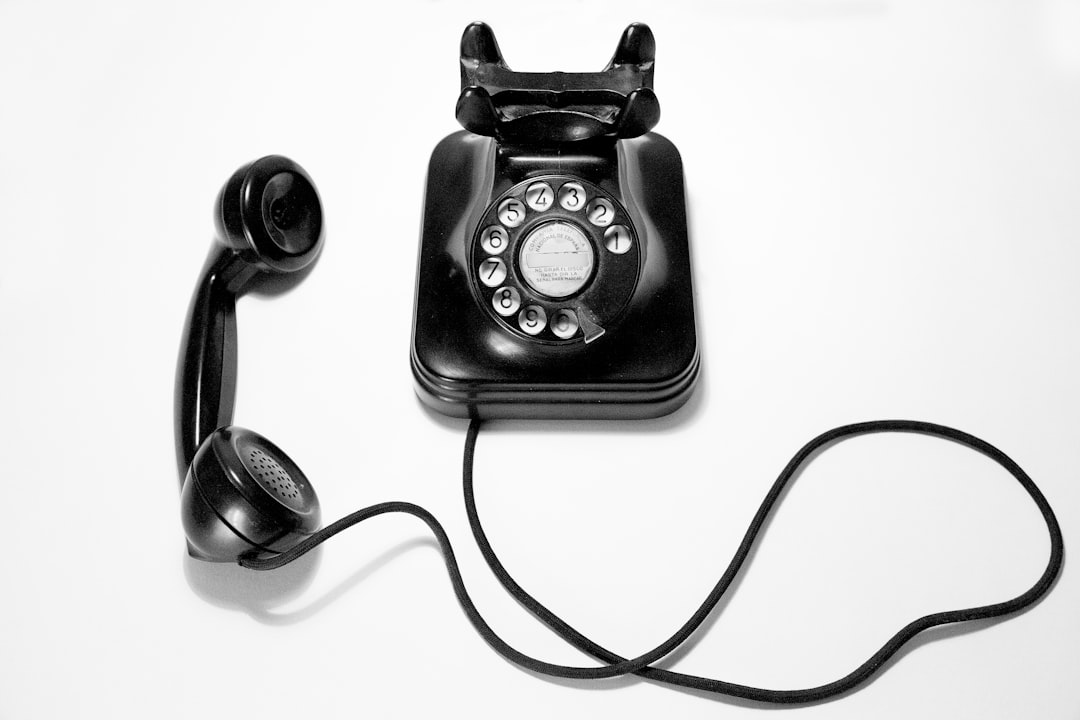Iowa consumers are protected by state and federal laws, including the Fair Debt Collection Practices Act (FDCPA) and Iowa Debt Collection Act (IDCA), against abusive debt collection practices. If you suspect a violation, consulting a debt collector lawyer in Iowa is recommended for guidance on your rights, which may include filing complaints and seeking damages. Document all interactions for stronger legal evidence. Consumers can challenge debts, demand verification, and terminate or legally pursue non-compliant collectors.
In Iowa, debt collectors must adhere to strict rules when contacting consumers. Mistakenly reaching out to the wrong number can be a frustrating experience for Iowans, but they possess legal recourse against improper debt collection practices. This article explores Iowa law regulating debt collection, focusing on the rights of individuals whose privacy is invaded by errant contacts from debt collectors. Learn how an experienced debt collector lawyer in Iowa can help protect your consumer rights and remedies.
Iowa Law Regulating Debt Collection Practices

In Iowa, the collection of debts is regulated by both state and federal laws designed to protect consumers from abusive or unfair practices. The Iowa Debt Collection Act (IDCA) outlines specific rules debt collectors must adhere to when contacting consumers. This includes prohibiting harassment, false or misleading representations, and unauthorized use of the phone to contact individuals at inconvenient times.
If you believe a debt collector has violated these regulations in Iowa, it’s advisable to consult with a debt collector lawyer. Legal experts can guide you through your rights and options, ensuring you receive fair treatment. The IDCA allows consumers to take legal action against debt collectors who engage in illegal collection practices, potentially resulting in damages and the cessation of unwanted contact from the debt collector.
Wrong Number Contact: Legal Recourse for Iowans

In Iowa, wrong number contacts by debt collectors are governed by state and federal laws designed to protect consumers. If a debt collector reaches out to an individual who is not the account holder, it can constitute a violation of the Fair Debt Collection Practices Act (FDCPA) and the Iowa Debt Collection Act. Consumers in such situations have legal recourse and can take action against the debt collector.
Consulting with a debt collector lawyer in Iowa is advisable for individuals who believe they’ve been subjected to improper contact. These experts can guide clients through their rights, help them file formal complaints, and potentially seek damages for any harm incurred due to the wrongful contact. It’s crucial to document all interactions with the debt collector, as this evidence can strengthen a potential legal case.
Protecting Consumers: Rights and Remedies

In Iowa, consumers have significant protections against debt collectors who contact them at the wrong number. According to state laws, individuals have the right to know why they are being contacted and to dispute the debt’s validity. A debt collector Lawyer in Iowa must provide clear and concise information about the debt and the collector’s intent upon initial contact. Consumers can demand verification of the debt and documentation supporting the claim. Failure by the collector to produce this evidence within a reasonable time may result in termination of the conversation and/or legal action.
Additionally, Iowa law restricts the hours during which debt collectors can make phone calls and prohibits harassing or abusive behavior. Consumers who feel they have been wrongfully contacted or subjected to unfair practices can file complaints with the Iowa Attorney General’s Office. These actions not only protect consumers but also ensure fair and ethical collection practices by holding debt collectors accountable under Iowa law.






